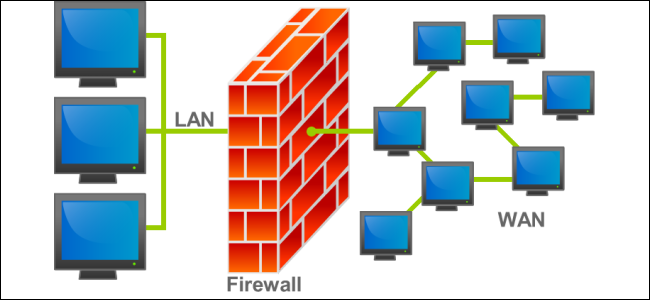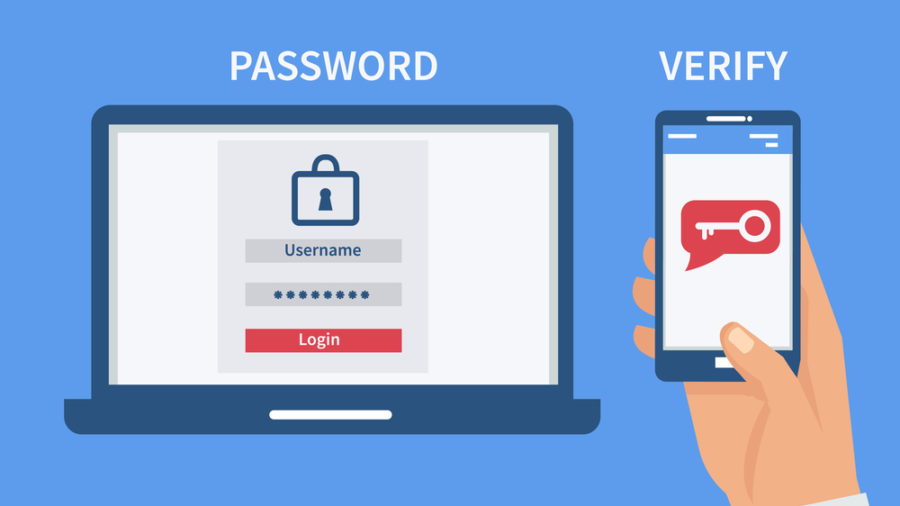Just because your business is small in size does not mean that cybercriminals will ignore it. The data you possess might be important to a cybercriminal in some way or the other, who knows? Therefore, security for small business is as important as security for large scale businesses.
Hence, in this article, we will be discussing 5 best security practices for small businesses that should be adopted by them to stay safe on the internet. The security practices are quite common because most of the small-scale businesses have already started using them to keep the data of employees and businesses secure online.
Contents
5 Best Security Practices For Small businesses
1. Firewall
It is being recommended by the Federal Communications Commission that small businesses install a firewall on their systems to prevent cyber-attacks. A firewall creates a shield around the system and prevents the installation of unauthorized software. It can also block sites that are unsafe or that are scams.
Bitdefender is an antivirus software company that can protect the data of your business with dedicated products that scan your system for threats and block them in real-time. It also provides a firewall preventing phishing, scamming, online frauds – in brief, it prevents you from slipping into the trap of a cyber-criminal.
2. Using strong passwords for systems and accounts
Most of the time, passwords are often kept as “company@1234” so that no one forgets it. Well, this is one of the worst practices ever as these types of passwords are considered weak and can be easily cracked using dictionary attacks.
We highly recommend that you include a capital letter, a special symbol, and a number in your password. Also, don’t include the name of the company as it becomes easier to crack these types of passwords.
Moreover, you can ask your employees to use LastPass and keep all the passwords saved there, as it can autofill passwords for the selected sites. It also has a password generator feature that creates strong passwords that are hard to crack.
3. Using 2FA Authentication
Almost every site has started supporting two-factor authentications as it lowers down the risk of unauthorized access to the user account. Most of the companies use G Suite, Microsoft office tools, and other various tools and services that are capable of 2FA security layers.
It is recommended to enable 2FA, download backup codes, and add the site to Google authenticator for faster sign-in. For sites that do not support this feature yet, using a strong password is the only solution.
4. Using A VPN
Another best security practice is to use a VPN and keep your identity safe over the internet. Instead of using ordinary VPNs, businesses can purchase a business VPN service from the VPN provider and ensure better connectivity, secure file sharing, and sometimes a dedicated IP too.
Here a list of reliable business VPN services you can try out to stay anonymous while sharing important information or using the internet.
5. Do not leave your Wi-Fi Network Open
If your Wi-Fi connections are left open without any passwords, you are inviting hackers to get into your company’s network and do their work without any hindrances. Wi-Fi routers come with the default password which is known to everyone in the universe, as it is a common password that should be changed as soon as you get it installed in your home or enterprise.
The most secure Wi-Fi security is Wi-Fi Protected Access II (WPA2), which prevents others from connecting to the Wi-Fi network without a password and is near impossible to crack. Just make sure you use a strong password.
Moreover, we recommend you to create a guest user every time when your customer or client asks for Wi-Fi access, this prevents them from entering your main network.
Some other important practices
Apart from the aforementioned business security practices, we recommend you to take a note of the following security practices too:
- Using an SSL certificate on your business website.
- Taking a complete backup of your documents and site and storing it in cloud storage like Google Drive, OneDrive, and Mega.
- Using a secure and reliable web hosting, not using shared hosting and choosing a VPS.
- Prevent opening spam mails on your system.
Wrapping Up
So, we have arrived at the end of the article. The aforementioned security practices might look like common tips but most of the businesses avoid these practices and becomes victims of cybercrime, losing their data and the personal information of the customers and clients as well.
In this article, we have listed down the 5 most important security practices for small businesses that should be followed to stay secure on the Internet.

















